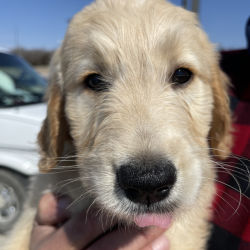Origins and Temperament
The Whippet, a breed that originated in England during the Industrial Revolution, is known for its agility and speed. Initially bred for hunting and racing, they're a sighthound that combines elegance with athleticism. Their gentle and affectionate temperament makes them a favored pet among families. However, this sensitivity means that Whippets often require extra care when traveling to prevent anxiety. Their natural inclination to chase means that during transportation, they should be kept secure to prevent any escape attempts.
Size and Physical Needs
Whippets are medium-sized dogs, generally weighing between 25-40 pounds and standing about 18-22 inches tall at the shoulder. Given their lean build and fast metabolism, they have specific exercise requirements which include regular opportunities to run. During transport, they require a comfortable space that allows them to stand, turn, and lie down easily, without the constraint that would stress such an active breed.
Common Health Considerations
Common health issues for Whippets include heart conditions, eye disorders, and skin problems. Ensuring all health documentation is up to date and prepared for travel is essential. A secure carrier that allows for good air circulation and protection from harsh temperatures can prevent unnecessary strain on a Whippet's health during transportation.















